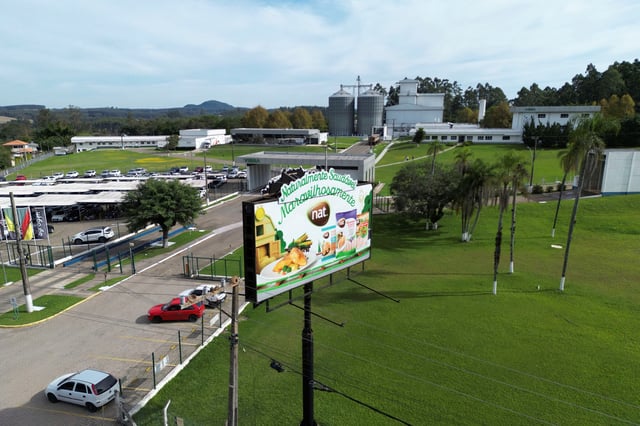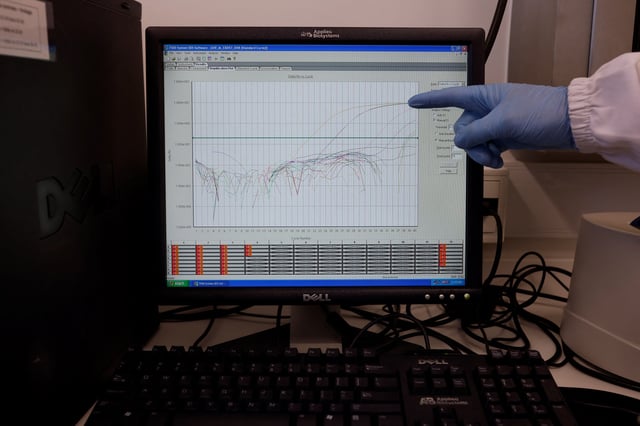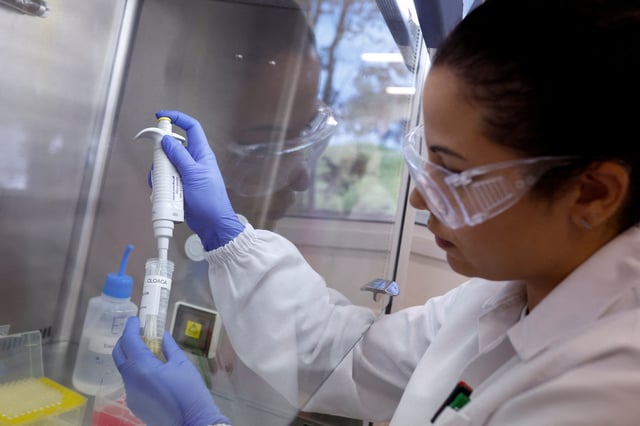Overview
- Brazil, the world's largest chicken exporter, confirmed its first outbreak of highly pathogenic avian influenza (HPAI) on a commercial farm in Montenegro, Rio Grande do Sul.
- China has imposed a 60-day ban on all Brazilian poultry imports, while South Korea has suspended shipments departing on or after May 15, with similar restrictions enacted by Mexico, Chile, and Uruguay.
- Under agreements with Japan, the UAE, and Saudi Arabia, trade bans are limited to the affected region, with Brazil negotiating to expedite the lifting of broader restrictions.
- Authorities in Brazil are isolating the outbreak area, culling infected flocks within a 10 km radius, and conducting further investigations to prevent the spread of the virus.
- The Brazilian government assures that inspected poultry meat and eggs remain safe for consumption, with products shipped before May 15 unaffected by the trade bans.



